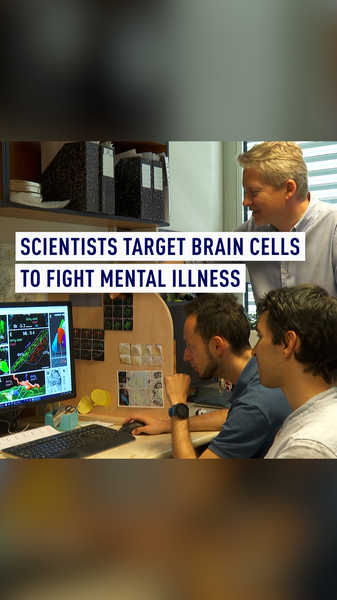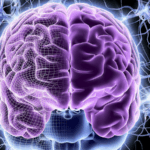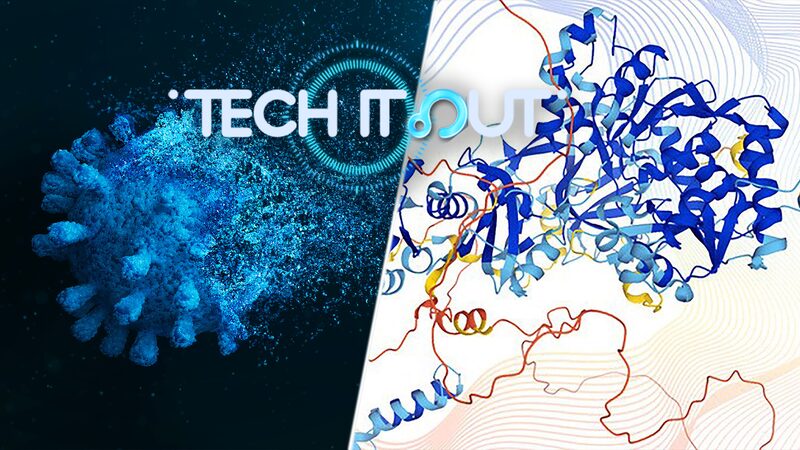Accidental Brainstem Discovery Could Revolutionize Mental Health Care
Researchers in Hungary have uncovered a cluster of brainstem neurons that may hold the key to regulating negative emotions, offering fresh hope for millions battling depression, anxiety, and PTSD. The discovery emerged unexpectedly during routine brainstem studies at Budapest's HUN-REN Institute of Experimental Medicine.
Dr. Gábor Nyiri, lead researcher, described the findings: "We identified this distinct green area in the brainstem – larger than anticipated – that appears to modulate emotional responses." The neurons interact with the lateral habenula, a brain region linked to processing pain and failure that often becomes hyperactive in depression.
Current antidepressant medications typically take weeks to show effects while affecting multiple brain systems. This discovery suggests future treatments could precisely target these newly identified cells, potentially offering faster relief with fewer side effects. With 25-30% of people experiencing significant mental health challenges during their lifetime, according to Dr. Nyiri, the research could reshape global approaches to psychological care.
While clinical applications remain years away, the study published in Nature Neuroscience has energized the psychiatric research community. Pharmaceutical companies are already exploring how to translate these findings into targeted therapies.
Reference(s):
Hungarian researchers target brain cells to help treat depression
cgtn.com








